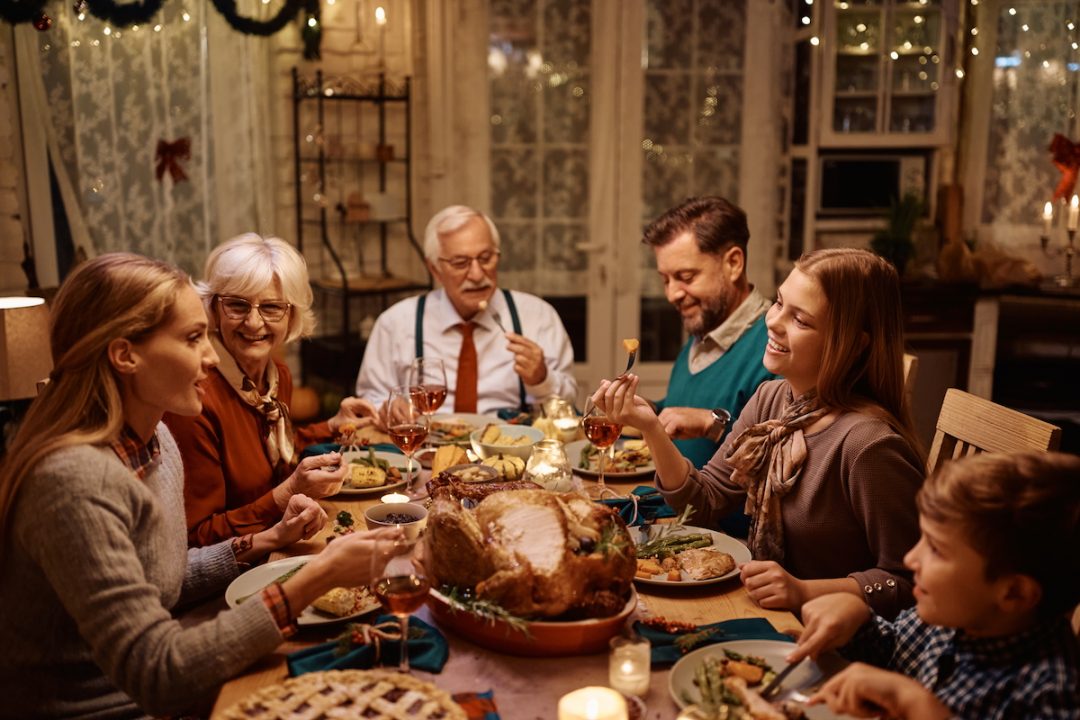
The United Nations was founded as a secular humanist organization that presented itself as preserving peace among nations — yet over time, it has evolved into something far more ambitious: an architect of an international social order. Through its policies and cultural initiatives, the UN increasingly shapes how humanity defines morality, education, and even the family.
What began as a diplomatic body now shapes the social and spiritual foundations of daily life. Central to this transformation is the redefinition of the “family member,” a shift that moves from the household to the community, and ultimately, toward a global identity — what UN agencies now call the global family.
From Family to System
Since the mid-20th century, the UN has positioned itself as humanity’s moral compass. Its declarations and frameworks — from the 1948 Universal Declaration of Human Rights to the 2030 Sustainable Development Goals (SDGs) — promote universal norms such as equality, sustainability, and collective responsibility.
Within this evolving order, the family is no longer viewed as an autonomous moral or biological unit, but as a functional cell of society. The UN Statistics Division defines a family in demographic terms: a group of individuals sharing residence and pooling resources. This statistical framing sets the stage for policy models that treat the family as a mechanism of social development rather than a divinely ordained institution.
A Broader Definition — and a Subtler Shift
In UN literature, the word family now carries ideological flexibility. Article 16 of the Universal Declaration of Human Rights calls the family “the natural and fundamental group unit of society.” Yet, UN Women’s 2019 report Families in a Changing World argues there is no single-family form — emphasizing diversity, inclusion, and “evolving structures.”
UN policy briefs under the 2030 Agenda call for “family-oriented programmes” that support gender equality, shared parental roles, and reproductive rights. The Department of Economic and Social Affairs (DESA) encourages member states to see family not as a fixed institution but as a social construct adaptable to modern economies.
These changes might appear benign, but their effect is profound. The “life role” of the family member is no longer defined by covenant or faith, but by social participation. Parents become “care providers supporting global goals,” and children are reframed as “agents of change,” terms used frequently in UNICEF and UNESCO publications. The biblical family — father, mother, and child, bound by divine design — is replaced by a family understood through sociology and systems theory.
Community as the New Family
In UN planning documents, especially under UN-Habitat’s New Urban Agenda, the idea of “community care” replaces parental oversight. Urban environments are expected to act as social incubators, where education, mental health, and moral formation occur collectively.
The UN’s concept of the urban village, found throughout the sustainable development literature, envisions neighborhoods functioning as miniature ecosystems: shared housing, communal services, and digital oversight under a framework of “equity and inclusion.” In this system, children are no longer raised solely by parents but by a network of trained professionals, educators, and mental-health facilitators.
The underlying message: The State and community are now the co-parents. As one UN-Habitat report put it, urban villages must become “incubators of social cohesion and shared care for all children, the elderly, and those marginalized by traditional family systems.”
The Global Family and the Emerging World Order
The “urban village” model scales upward into the vision of a “global family.” UN leaders regularly invoke this imagery. Former UN Secretary-General Ban Ki-moon declared in 2015, “We are one human family with a shared destiny. The SDGs are our common plan for our common home.” UNESCO’s Global Citizenship Education framework calls for teaching children that they belong “to the human family before any nation” or faith community.
The new “global family” represents more than international cooperation — it’s a philosophical and spiritual reorientation. It replaces national identity and parental authority with collective moral responsibility under global governance. Within this framework, one’s “life role” becomes not to nurture or protect the family, much less to exalt the Most High Sovereign God, but to advance sustainable systems.
This ideology aligns with the post-modern belief that belonging is relational, not biological or spiritual. Humanity becomes a managed organism, what the UN itself calls a “human ecosystem.” It’s a system that depends on compliance, obedience, data, and collective purpose. In other words, the New World Order is not a hidden conspiracy; it is a public framework, a new architecture of life openly built around the ideals of global unity and subjugation as social management.
A Biblical and Philosophical Contrast
Scripture offers a radically different foundation. In Genesis 2:24, God establishes family as the cornerstone of creation: “A man shall leave his father and mother and be joined to his wife, and they shall become one flesh.” Parents, not institutions, are charged in Deuteronomy 6:6-9 to teach their children in the ways of the Lord. The family is the vessel of faith, love, and moral order — a sacred trust, not a social program serving a few self-appointed elites or experts.
The UN’s redefinition substitutes covenant for contract and replaces stewardship with state servanthood for survival. It measures family success by economic and social outputs rather than faithfulness to God’s design. Under this model, a person’s worth lies in their function — as worker, citizen, or “change agent” — not their identity as a soul created in the image of God.
The philosophical cost is high. The spiritual cost is much higher. When the system defines the family, the individual becomes a soulless statistic. When the State or global community assumes parental roles, moral formation becomes political. And when belonging is managed rather than bestowed, love becomes an empty conditional lie tied to compliance with the social order. It obliterates true personal identity.
Conclusion: Reclaiming the True Family Order
The UN’s evolving concept of family — from household to community to global family, reflects a larger transformation of human life into a managed, moralized system. It redefines parenthood as a partnership with the State, citizenship as a moral duty to the planet, and childhood as training for global governance.
From a Christian worldview, this is the inversion of divine order. The family, as God designed it, is the first government, the cornerstone of civilization. When it yields authority to human institutions, both liberty and faith erode.
The biblical response is not retreat but restoration:
- Reclaim discipleship in the home, grounding children in truth rather than trends.
- Engage UN narratives critically, exposing how “sustainability” and “equity” were designed to mask control.
- Build communities rooted in covenantal family, not institutional dependency.
- State the errors in this life design, the necessity of rejecting and replacing it with biblical truth.
The “global family” may promise harmony, but it comes at the price of identity, freedom, peace, and human souls. In the end, there can be no lasting social order apart from the one God ordained, family, faith, and freedom under His authority.




